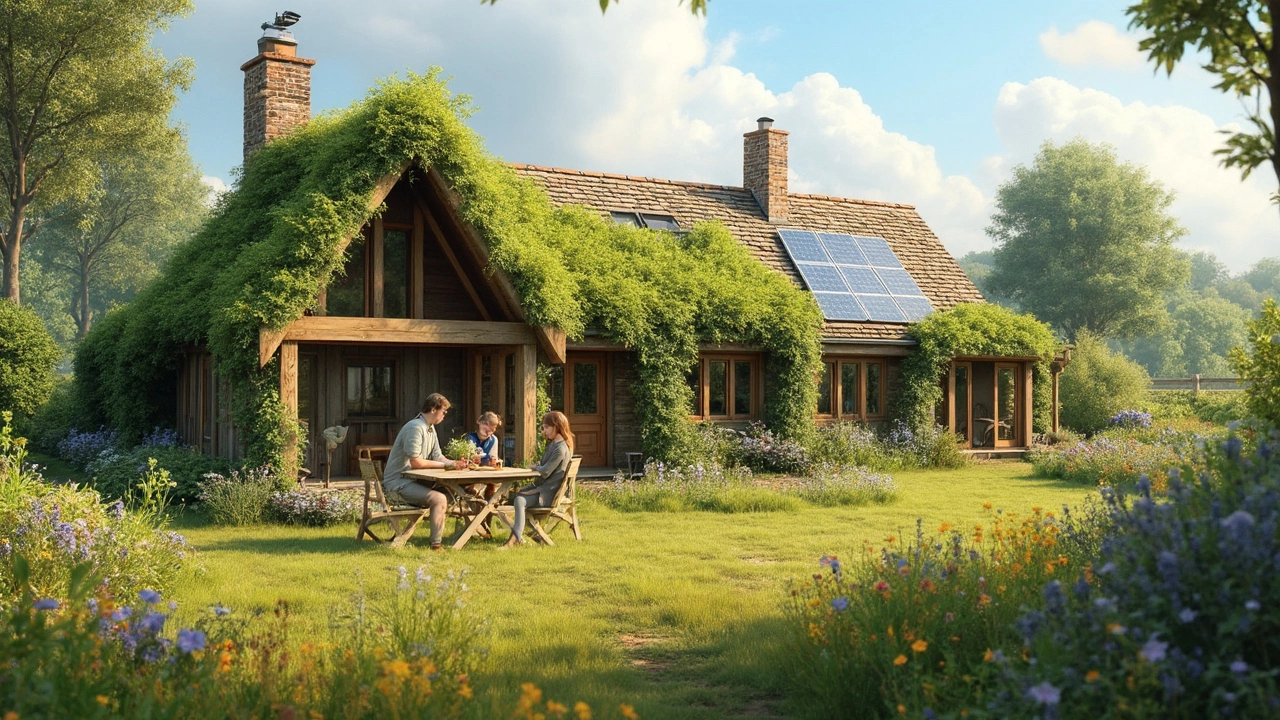Wondering if eco homes cost more than regular ones? This article breaks down the real price tags behind green cottages and what you get in return. Learn what actually makes eco homes pricier—or cheaper—in the long run, with tips on affordable options, government help, and what costs to expect before you build. Get straight answers about budgets, savings, and daily living in a sustainable home.
Energy Savings Made Simple for Holiday Rentals and Travel
Feeling the pinch on your energy bill? You don’t have to sacrifice comfort to keep costs down. Whether you’re booking a cottage, a glamping site, or a hotel, a few smart habits can slash power use and make your getaway kinder to the planet.
Everyday Actions to Cut Power
First, turn off lights and appliances when you leave a room. It sounds obvious, but most travelers forget to switch off the TV, kettle, or even the bathroom fan. A quick tap on the switch saves a lot of watts over a weekend.
Swap out old bulbs for LED ones. LEDs use up to 80% less electricity and last longer, so you won’t be changing them mid‑trip. Many holiday homes already have LED lighting – if not, bring a few spare bulbs with you.
Unplug chargers and devices that aren’t in use. A phone charger plugged into the socket still draws power, a trick called “vampire load.” A small power strip makes it easy to switch everything off at once.
Choosing Low‑Energy Accommodations
Look for places that promote energy efficiency. Listings that mention solar panels, double‑glazed windows, or energy‑rated appliances are usually cheaper to run and lighter on the environment. Self‑catering cottages often have more control over heating and lighting than large hotels.
Set the thermostat a few degrees lower. A comfortable 18‑20°C (64‑68°F) is plenty for most indoor spaces. If the property offers a programmable thermostat, set it to lower the temperature at night and raise it just before you wake up.
Take advantage of natural light. Open curtains during the day and keep blinds closed at night to keep the space warm or cool without using extra heating or cooling.
When you cook, use lids on pots and match the burner size to the pot. This reduces cooking time and saves gas or electricity.
Support hosts who recycle, provide compost bins, or use rainwater for gardens. Their eco‑friendly practices often go hand‑in‑hand with lower energy consumption.
Finally, pack smart. A reusable water bottle means you won’t need to buy bottled water that often requires energy to produce and transport. A small travel blanket can keep you warm without cranking up the heating.
Put these tips into action on your next trip and watch your energy use drop. Less power means lower bills, a greener footprint, and more money left for the experiences you really want to enjoy.
